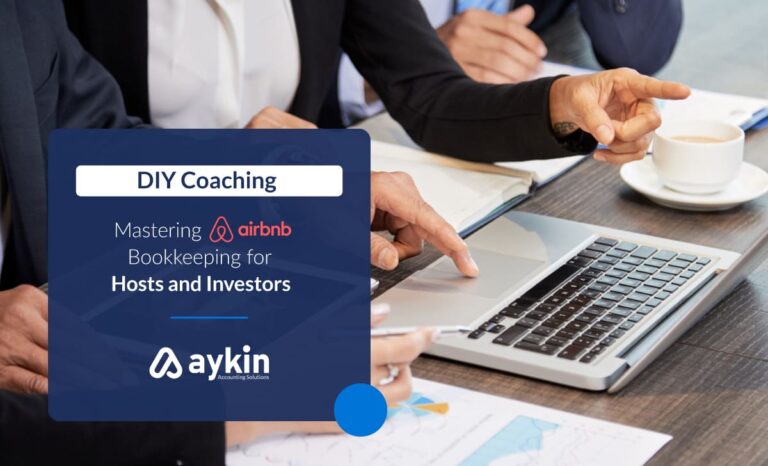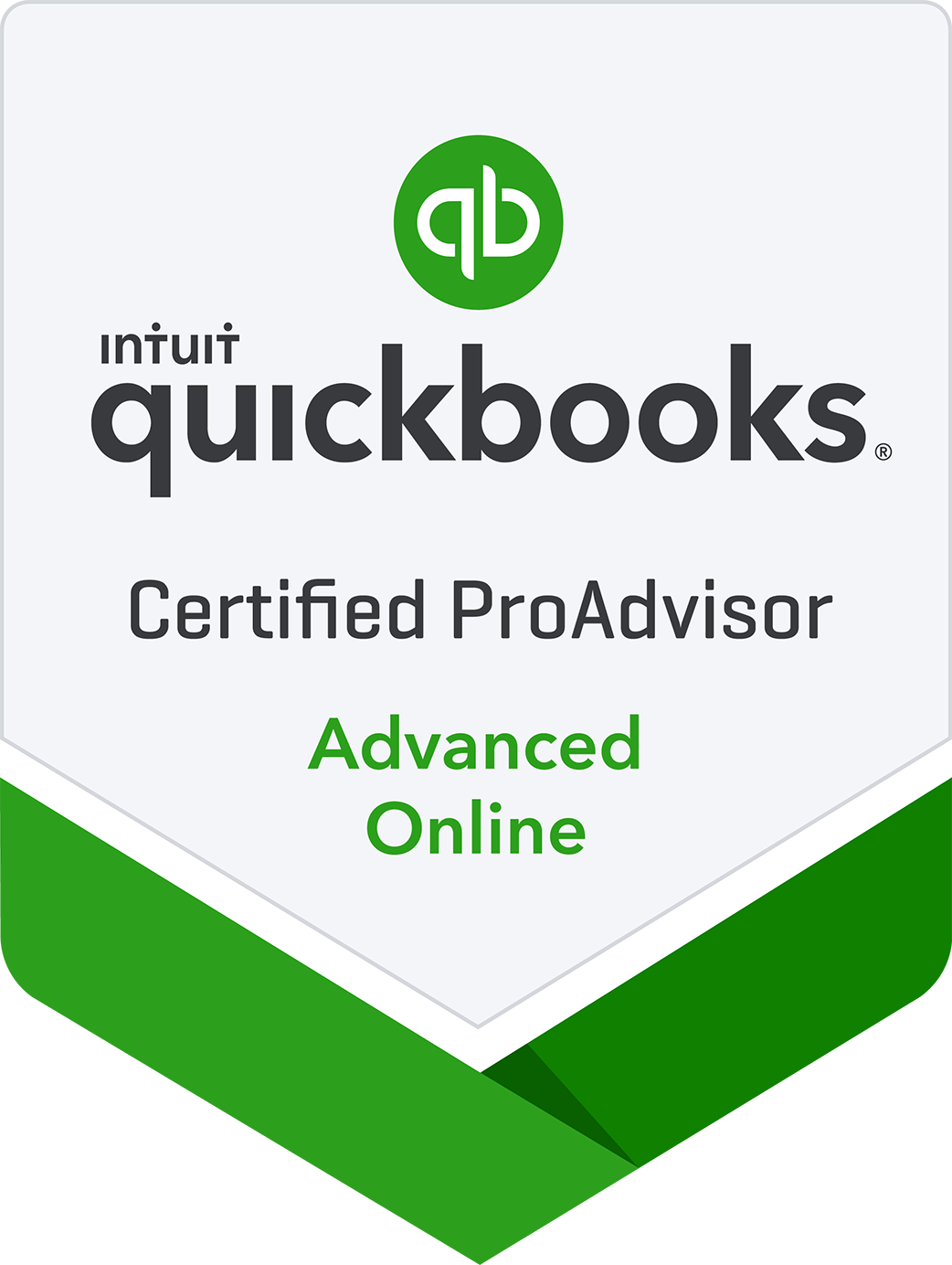DIY Coaching: Mastering Airbnb Bookkeeping for Hosts and Investors

DIY Coaching: Mastering Airbnb Bookkeeping for Hosts and Investors

Good bookkeeping is like the secret sauce for a successful Airbnb hosts and Investors. Managing money in short-term rentals can be tricky, from keeping track of bookings to handling expenses. In this guide, we'll explain why keeping accurate records is so important, talk about the problems hosts & Investors might run into, and show how it can make their Airbnb business run smoother and give them peace of mind.
Four Easy Steps to DIY Bookkeeping
Step 1: Record
- Precision in Documentation:
- In the realm of Airbnb hosting, every transaction tells a story. Meticulous record-keeping is the foundation of a host's financial narrative. It not only captures the essence of rental income and expenses but also serves as a safeguard against potential pitfalls.
- By documenting every financial activity with precision, hosts pave the way for a comprehensive understanding of their business's financial health.
- Efficiency with Cloud-Based Software:
- Enter the era of efficiency with cloud-based solutions like Quickbooks Online. These platforms revolutionize the recording process by automating tasks and ensuring accuracy.
- Hosts can bid farewell to manual entries and welcome a seamless system that captures and categorizes transactions with ease. Quickbooks Online becomes the reliable assistant, ensuring that no financial detail goes unnoticed in the fast-paced world for Airbnb hosts and Investors.
Step 2: Receipt Management
- Prioritizing Organized Receipts for Financial Clarity:
- In the intricate web of Airbnb hosts and Investors finances, receipts are the silent narrators of expenses and investments. Emphasizing the need to organize receipts is paramount for maintaining financial clarity.
- A well-organized receipt system not only facilitates smooth tracking but also becomes a valuable asset during tax season and financial assessments.
- Efficient Apps for Receipt Snapping and Storage:
- Tame the paper trail and digital clutter with modern solutions. Recommend leveraging apps like QBO Online, Simplywise, or Dext for streamlined receipt management.
- These applications empower hosts to snap, store, and categorize receipts effortlessly, ensuring quick access to financial details. With these tools at their disposal, hosts can simplify the complexities of receipt management in the fast-paced world for Airbnb hosts and Investors.
Step 3: Reconcile
- Prioritizing Regular Reconciliation:
- In the meticulous dance of Airbnb finances, regular reconciliation emerges as a key choreography. Stress the vital importance of hosts consistently reconciling their records with both bank and credit card statements.
- This proactive step ensures that the financial data reflects an accurate depiction for Airbnb hosts and Investors businesses, fostering trust in the numbers.
- Early Error Detection and Accuracy Assurance:
- Highlight the dual role of reconciliation – not just catching errors but also ensuring overall accuracy. By reconciling regularly, hosts create a built-in mechanism to detect discrepancies early on.
- This preventive approach safeguards against potential financial hiccups, allowing hosts to address issues promptly and maintain the integrity of their financial records.
Step 4: Run Reports
- Significance of Leveraging Organized Financial Data:<
- Unleash the power of organized financial data by discussing its significance. Encourage hosts to view their records not just as numbers but as a strategic asset. The structured information becomes a toolkit for hosts to make informed decisions, understand financial patterns, and ultimately steer their Airbnb business towards success.
- Encouraging Strategic Decision-Making:
- Emphasize the actionable insights derived from running reports. Encourage hosts to dive into the details of their Airbnb business's financial health. From tracking income and monitoring expenses to evaluating profitability, running reports is the compass for hosts navigating the dynamic landscape of decision-making. With this data-driven approach, hosts can fine-tune their strategies and ensure a prosperous hosting experience.
Benefits of a DIY Bookkeeping System
Embarking on a journey of DIY bookkeeping offers Airbnb hosts & Investors a range of advantages, revolutionizing the way they manage their financial landscape.
- Enhanced Financial Control
- Stress Reduction During Tax Season
- Informed Decision-Making Empowerment
In essence, a well-implemented DIY bookkeeping system goes beyond number crunching; it becomes a strategic tool for hosts to steer their Airbnb business towards financial prosperity and operational excellence.
Join AYKIN’s DIY Coaching Program
Are you ready to take your DIY bookkeeping journey to the next level? Introducing AYKIN’s exclusive DIY Coaching Program tailored for Airbnb hosts & Investors. This program is designed for hosts looking to master the art of independent bookkeeping with personalized guidance and unwavering support.
Conclusion
In conclusion, mastering DIY bookkeeping is not just a task; it's a transformative journey for Airbnb hosts & Investors. By implementing the four easy steps—Recording meticulously, Managing receipts efficiently, Regularly Reconciling, and Running Reports—hosts can achieve financial clarity and control.
Join us in creating a well-organized and stress-free Airbnb hosting experience that sets the stage for long-term prosperity. Your journey to financial empowerment starts now!



